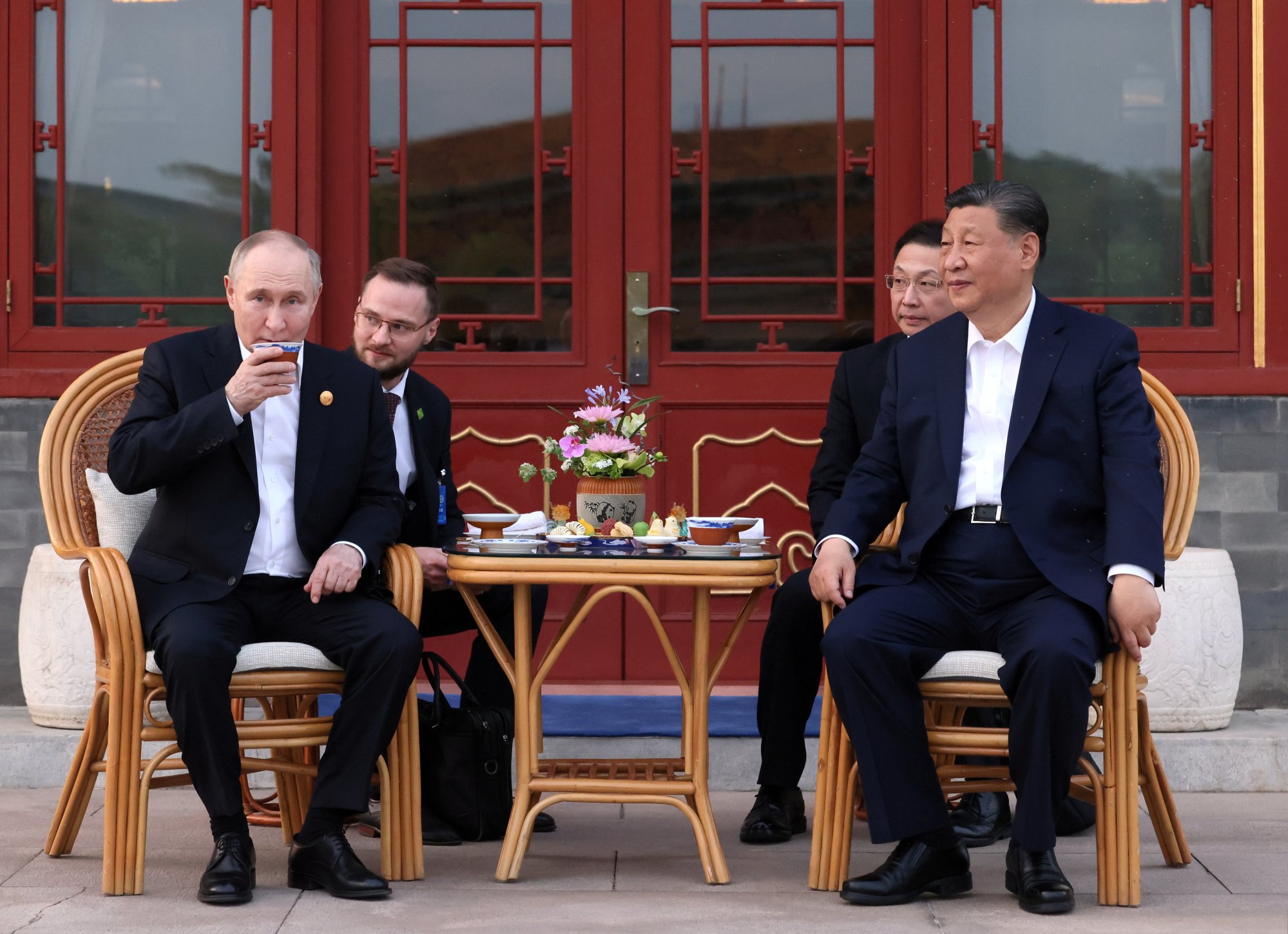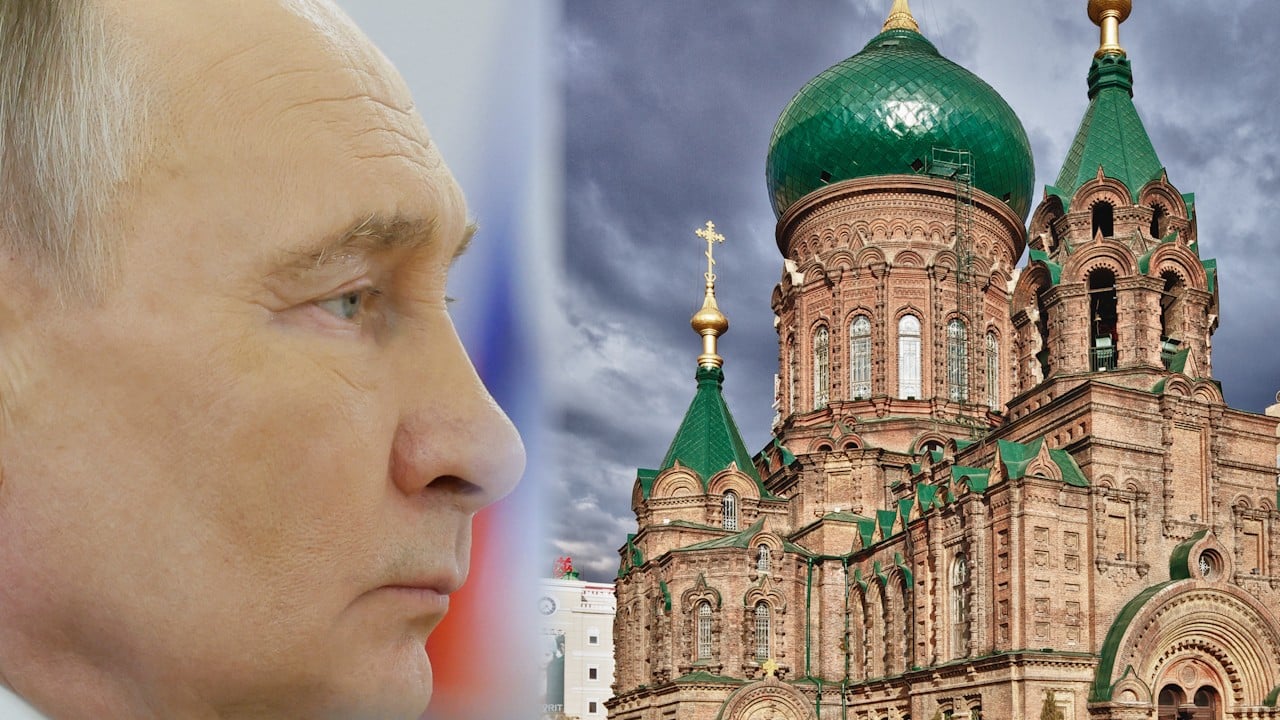Putin’s China visit confirms West’s worst fears about emerging Beijing-Moscow axis
As US State Department spokesman Vedant Patel put it last week, Beijing “cannot have it both ways and want to have [better] relationships with Europe and other countries while simultaneously continuing to fuel the biggest threat to European security in a long time”, referring to Russia’s invasion of Ukraine.
“The People’s Republic of China cannot have its cake and eat it too,” he added.

However, with his two-day visit, Putin emerged as a clear winner, successfully pulling Beijing closer to Moscow’s orbit.
In a joint communique issued after his Beijing summit with Xi, both sides vowed to “strengthen coordination and cooperation to deal with the so-called dual containment policy of the United States that is non-constructive and hostile towards China and Russia”.
The 12,000-word document singled out Washington over a dozen times, denouncing its “disruptive” and “hegemonic behaviour” aimed at undermining the Indo-Pacific power balance, especially its efforts to forge “minilateral” groupings with countries in the region.
Although the communique made no mention of the pair’s 2022 pledge, made shortly before the Ukraine war broke out, that declared there was “no limit to their friendship”, Beijing appears determined to side with Moscow against Washington.
According to an official Chinese statement, Xi talked about “unprecedented shifts” in the global geopolitical landscape during his meeting with Putin, claiming the world had entered “a new period of turbulence and change”.
It was reminiscent of Xi’s remarks a year ago during a visit to Russia when he declared that Beijing and Moscow should “drive the changes together”.
In an interview with Russian media on Friday, he said it was “partly true” that the future of the rapidly changing world largely “depends on Russia and China” in the face of “the difficult decisions that lie ahead”.
Beijing is doubtlessly aware of the high stakes behind its decision to pivot towards Moscow, which risks inviting Western sanctions, further straining US ties and alienating most of Europe.
The fact that Beijing is doubling down on its bet on Putin’s war against the West shows that stabilising ties with Moscow is probably its overriding priority at the moment.
Despite the danger of turning the new cold war into a self-fulfilling prophecy, Beijing cannot afford to lose its influence over Moscow as Washington’s alliance-building approach in the Indo-Pacific has left China increasingly isolated.
Yan Xuetong, a strategist at Beijing’s Tsinghua University, pointed out over a decade ago that “the core of competition between China and the United States will be to see who has more high-quality friends”.
But as Putin is increasingly viewed as the enemy of the world, embracing a quasi-alliance with Moscow is hardly the recipe to make more friends.
China will have to learn a lesson on how to properly project its growing power, according to new Singaporean Prime Minister Lawrence Wong.
“If they overdo it, if they push their way around, coerce, squeeze or pressurise other countries, it will engender a backlash, including in the region. And that’s why they cannot go too far,” he told the Economist earlier this month.
